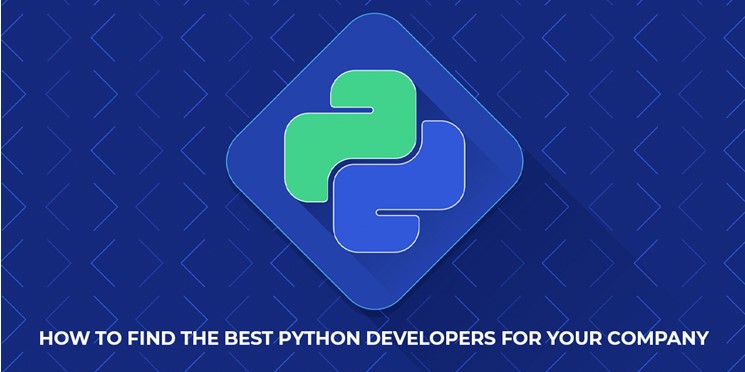How to Find the Best Python Developers for Your Company
Hiring development talent isn’t easy, especially if you’re on a budget. Fortunately, it isn’t impossible, either. By following these steps, you can hire the best python developers for your company, no matter how much cash you have in the bank or how many programmers you need to hire at once. You just need to follow these steps
Table of Contents
Hiring a remote developer
You’ve decided you want to hire remote developers, but how do you find good ones? As with hiring in general, research is key. Look at the work of potential candidates and make sure that their portfolios align with your company’s needs. You can also reach out to other developers (or look on social media) and ask who they recommend. When interviewing a candidate, try to get a sense of whether or not he or she will be a good fit for your team. Remember: it’s important to hire someone you like—it makes working together much easier!
When hiring remotely, it’s important to remember that communication is more difficult than when hiring locally.
Hiring an onsite developer
Searching for top talent in-person is a good way to narrow down a long list of candidates and find people who not only have great resumes but also fit into your company culture. Hiring someone on-site means you’ll be able to assess their technical abilities, passion and personality traits in person, as well as see how they communicate with other team members. You should always meet face-to-face with any developer you’re considering hiring before you give them an offer.
Getting Started With Screening Candidates
Since hiring is such a huge cost for most companies, it’s important that you make your selection process as efficient and effective as possible. In order to find great candidates, try posting jobs on sites like GitHub and Stack Overflow—both are places where other developers will see your postings and share them with their network. You can also use specialized recruiting agencies or online communities like Hacker News to post job listings and search for talent. You should also ask each candidate how they found out about your position—this will help you figure out what channels work best for reaching potential hires in the future.
Common Interview Questions for Python Developers
Despite what you may think, recruiters and hiring managers don’t just bring in potential candidates and ask them random questions. Instead, they have a set of standard interview questions that they ask everyone, in order to evaluate technical skill, abilities, and cultural fit. Here are some common interview questions for python developers What is your greatest weakness? How would your co-workers describe you? Can you tell me about a time when you failed at something? Why did it happen? What was your process like when designing X feature? Have you worked with X before? If so, how did it go? What do you know about our company/industry/etc.? Have there been any books or articles that have helped improve your skills as a developer recently? Where do you see yourself in five years from now?
Phone and Video Interviews
How to find people with a perfect tech fit who’ll also be great teammates. While more traditional hiring practices, like resumes and in-person interviews, still have a place in your hiring process, an increasing number of companies are realizing that phone and video interviews allow them to assess candidates more holistically. Don’t settle for yes/no answers; get into the why of how you hire python developers from recruiters.
In-Person Interviews
When you’re hiring someone, spend at least a few minutes talking in person. A first-round interview should be longer than that—from 30 minutes to an hour. This is where you get a feel for whether you like working with people and if they are right for your company culture. So make sure your first-round interviews last at least an hour. Another option is asking candidates to do a coding exercise before conducting an in-person interview (more on that later).
On boarding New Employees
Once you’ve hired your developers, it’s up to you and your team to onboard them. On boarding is a highly important process that helps new employees learn about their position and get up-to-speed as quickly as possible. The quicker they can do their job without constant assistance from their co-workers, the better. It also helps reduce mistakes that might cost valuable time—and money—down the road.


